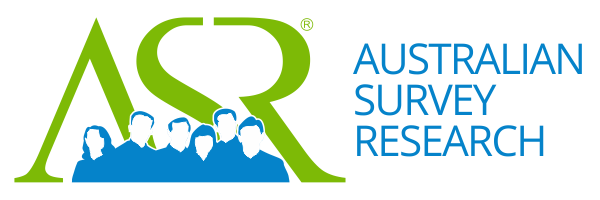Program evaluation
In this type of research we determine how well or otherwise a government initiative has performed in the field. Responses can be sought from the public, parents, customers, inter-government clients, specific interest groups, pensioners, recent migrants, travellers, etc.
Program evaluation is a specialised area requiring detailed knowledge of a particular activity or business process. Some understanding of program logic, particularly understanding intended outcomes as distinct from outputs or activities, is required.
ASR has conducted a number of program or project evaluation studies in the following areas:
- Migrant settlement
- Government agency business reporting metrics
- Success of small business IT training program
- Outcomes of agency initiatives to build work health & safety capabilities and knowledge in a range of high-risk industries
- Success of a return-to-work initiatives
- Assessment of a plan to build community organisations’ capacity and capability
- User feedback about a new feature for visually impaired television viewers.
Successful program evaluation nearly always involves a range of methods and each method is project specific. For example, if seeking feedback from visually impaired people, there is little point in using web or paper questionnaires. If seeking feedback from long haul transport drivers, mobile phone interviews are most suitable. The challenges of program evaluation are about getting the right people involved in the right way and at the right time.
When conducting evaluations, ASR focuses on lessons that can be learnt for future programs and how the current program can be further improved. This is similar to using action research methods: doing research throughout a program and learning iteratively and changing immediately to evolve a program.
